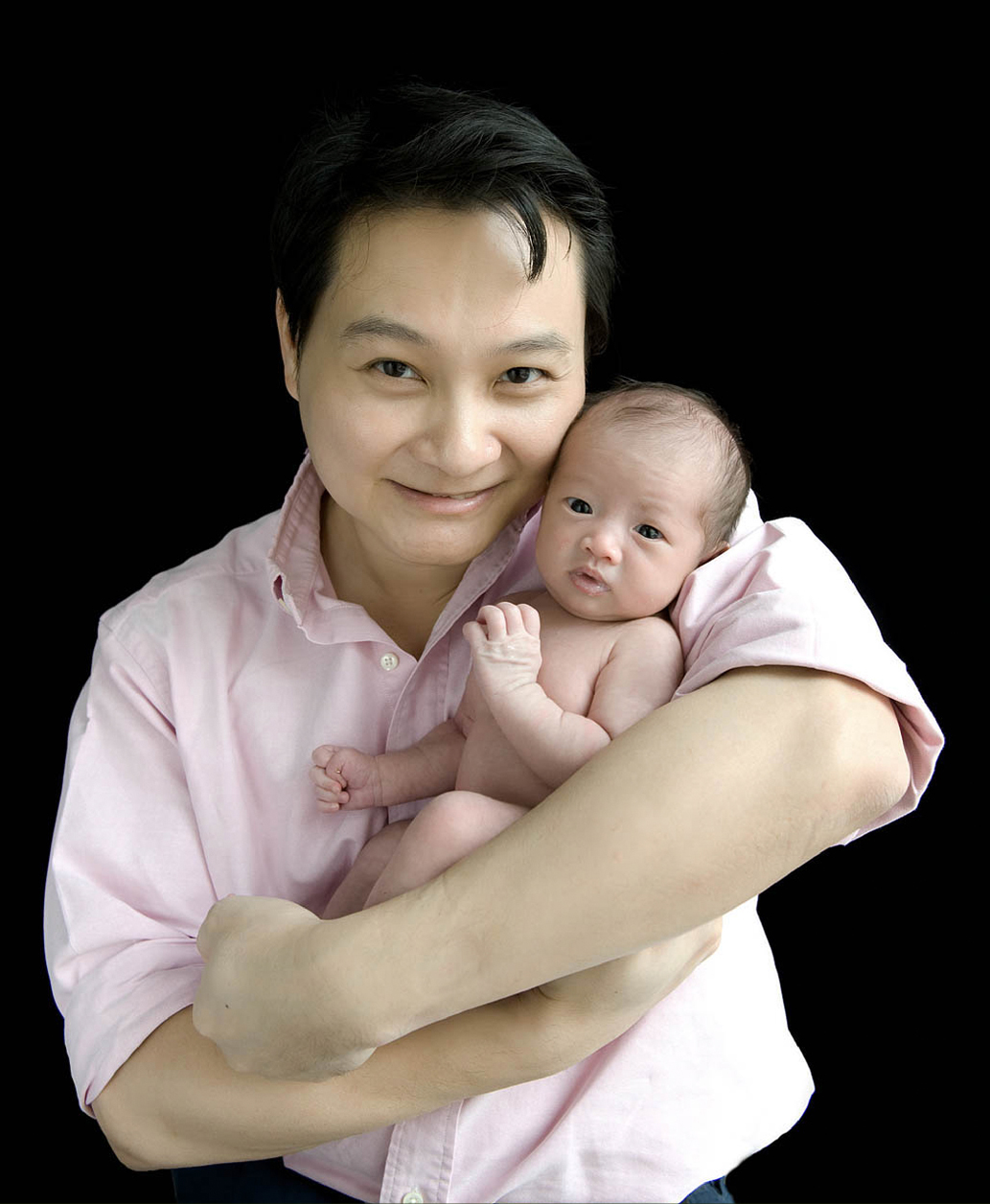Infertility can stem from both male and female factors, including hormonal imbalances, structural anomalies and other underlying medical conditions. Treatments to address these issues can range from medication and lifestyle changes, to more complex procedures like superovulation intrauterine insemination (SOUI), in-vitro fertilisation (IVF) and egg freezing.




